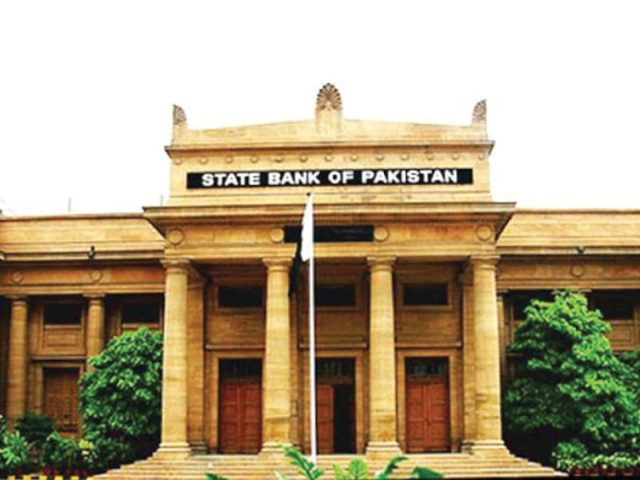Ahead of monetary policy, traders demand 1.5% cut
Experts see a reduction in discount rate due to deflationary pressures.

APTMA chairman pointed out that the SBP had taken into account inflationary pressures when it increased the policy rate, therefore,
it should now consider the deflationary factors while
reducing the interest rate. STOCK IMAGE
All Pakistan Textile Mills Association Chairman SM Tanveer said average inflation in the first six months of the current fiscal year was 6.1% and the federal government’s intention to cut prices of petroleum products by another 8-10% would reduce inflation further.

In the light of these, he voiced hope that the central bank would slash the policy rate by at least 1.5%.
He pointed out that the SBP had taken into account inflationary pressures when it increased the policy rate, therefore, it should now consider the deflationary factors while reducing the interest rate.
Leading chemical producer Mian Anjum Nisar said industries in Pakistan were on the brink of disaster because of high cost of doing business. Pakistan had the highest interest rates in the region and power tariff was also higher than all other regional economies, he said.
“Pakistani businessmen expect the SBP to take a similar step as the inflation level here is the same and is expected to go down further.”
In a statement, Islamabad Chamber of Commerce and Industry (ICCI) backed calls for a drastic cut of 150 basis points in the key discount rate in the monetary policy to be announced on January 24.
ICCI President Muzzamil Hussain Sabri said the high cost of credit was hampering the growth of private sector and a reduction in the policy rate to 8% would provide cheap credit and help businesses to expand.
Sabri added tight monetary policy had mostly restricted economic development in the country as it crowded out the private sector, discouraged new investment and halted business growth.
Published in The Express Tribune, January 24th, 2015.
Like Business on Facebook, follow @TribuneBiz on Twitter to stay informed and join in the conversation.



















COMMENTS
Comments are moderated and generally will be posted if they are on-topic and not abusive.
For more information, please see our Comments FAQ